Partners for Healthy Food Access Program
Purpose
The Partners for Healthy Food Access Program improves member health and food security by implementing community-based, nutritious and medically supportive food projects. This program serves the Medi-Cal population in Merced, Monterey and Santa Cruz counties.
Please note that the items listed below are addressed via the health plan’s operating budget, not the Partners for Healthy Food Access program:
- Benefit expansions.
- Provider payment augmentation.
- Other services managed by the health plan (e.g., medically tailored meals through the Department of Health Care Services’ CalAIM Community Supports initiative).
Current status
The Partners for Healthy Food Access Program is retired and not accepting new applications. The Alliance implemented Medically Supportive Food as a Community Supports service in January 2024. Please visit the Community Health Champions Program webpage to see if your proposal would be a good fit for that funding opportunity.
Contact Grant Program Staff
- Phone: 831-430-5784
- Email: [email protected]
Grant Resources
MCGP Deadlines
| Round | Deadline | Award Decision |
|---|---|---|
| Round 1 | Jan. 21, 2025 | April 4, 2025 |
| Round 2 | May 6, 2025 | July 18, 2025 |
| Round 3 | Aug. 19, 2025 | Oct. 31, 2025 |


